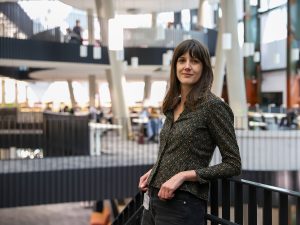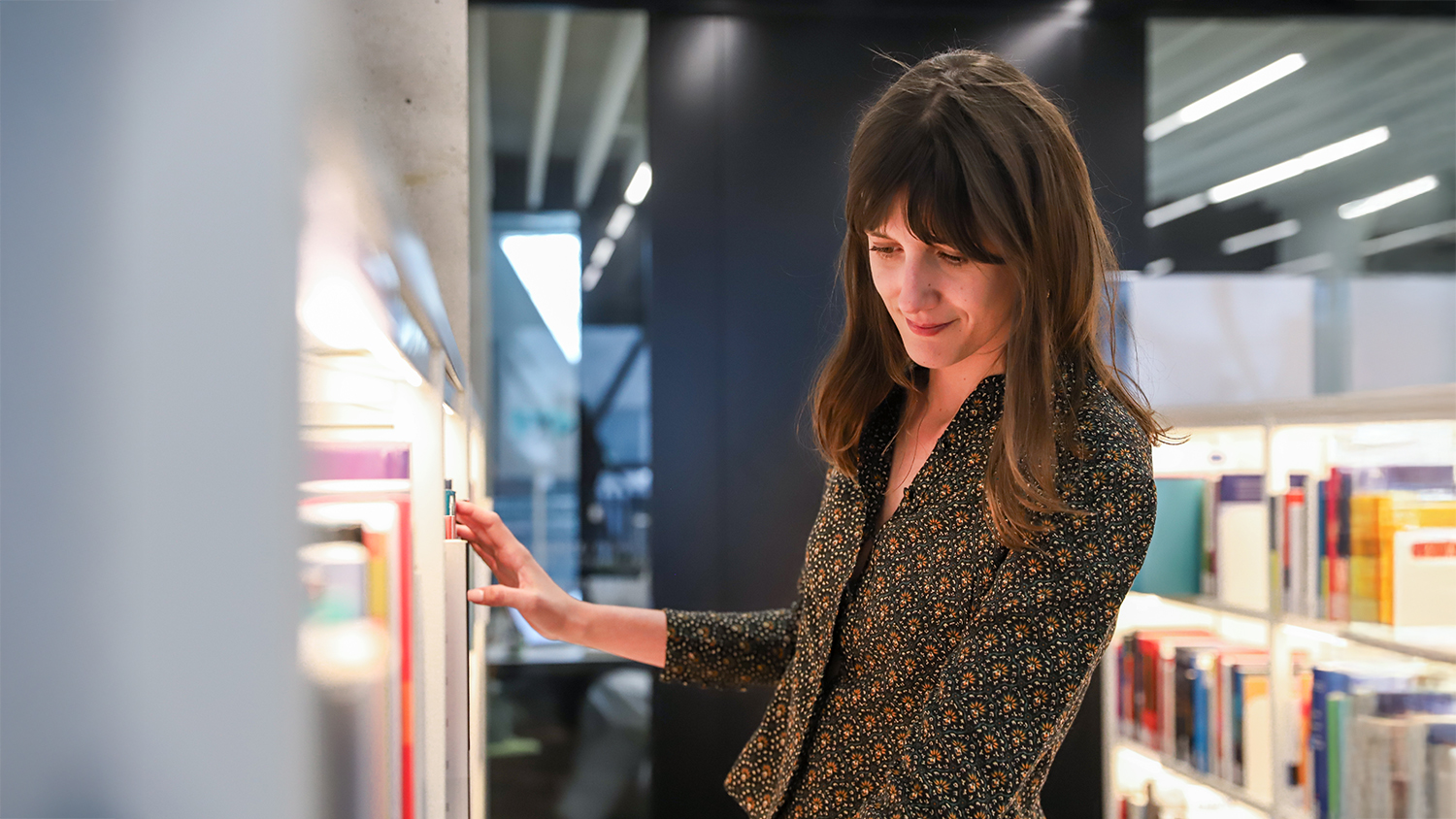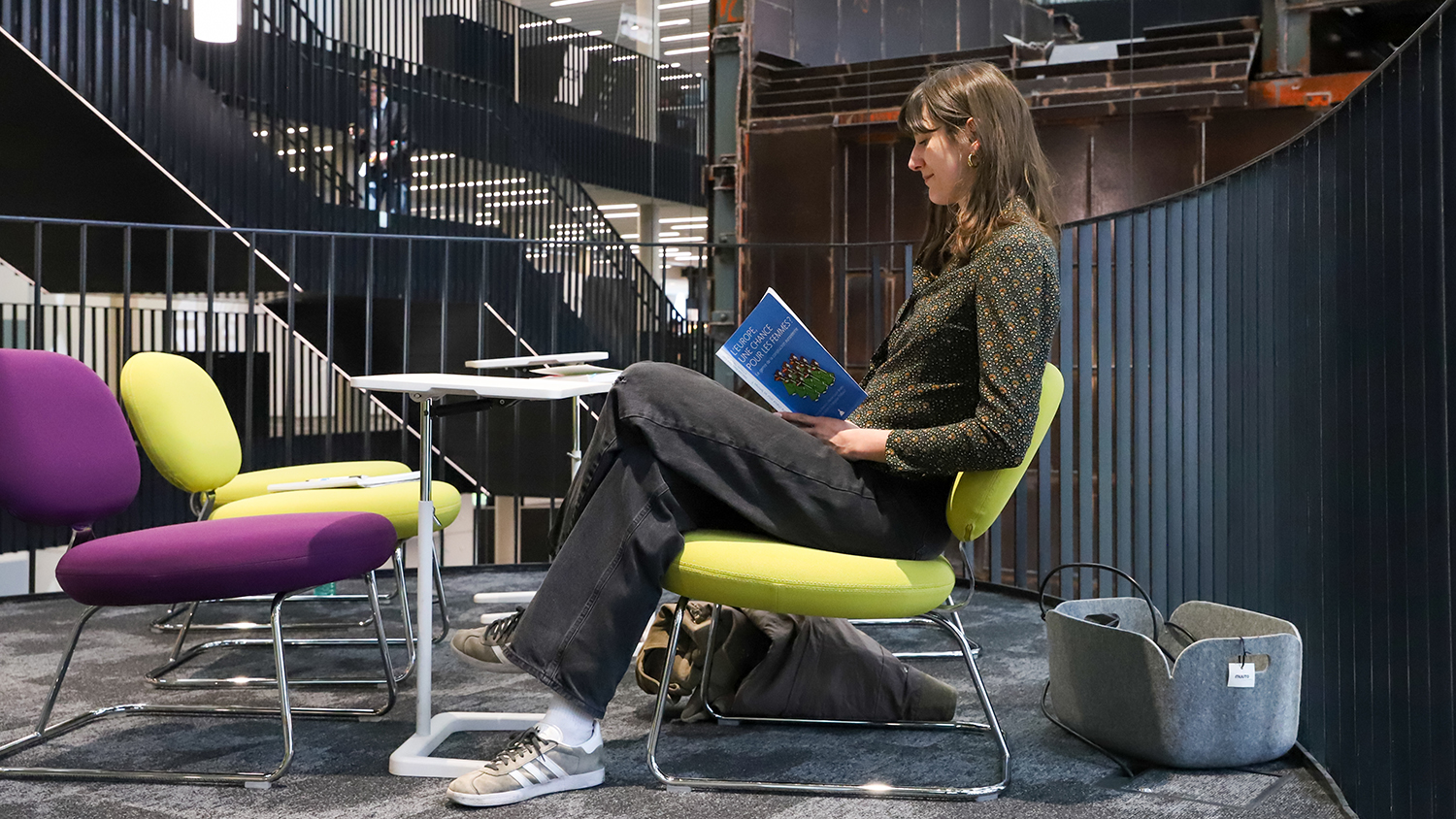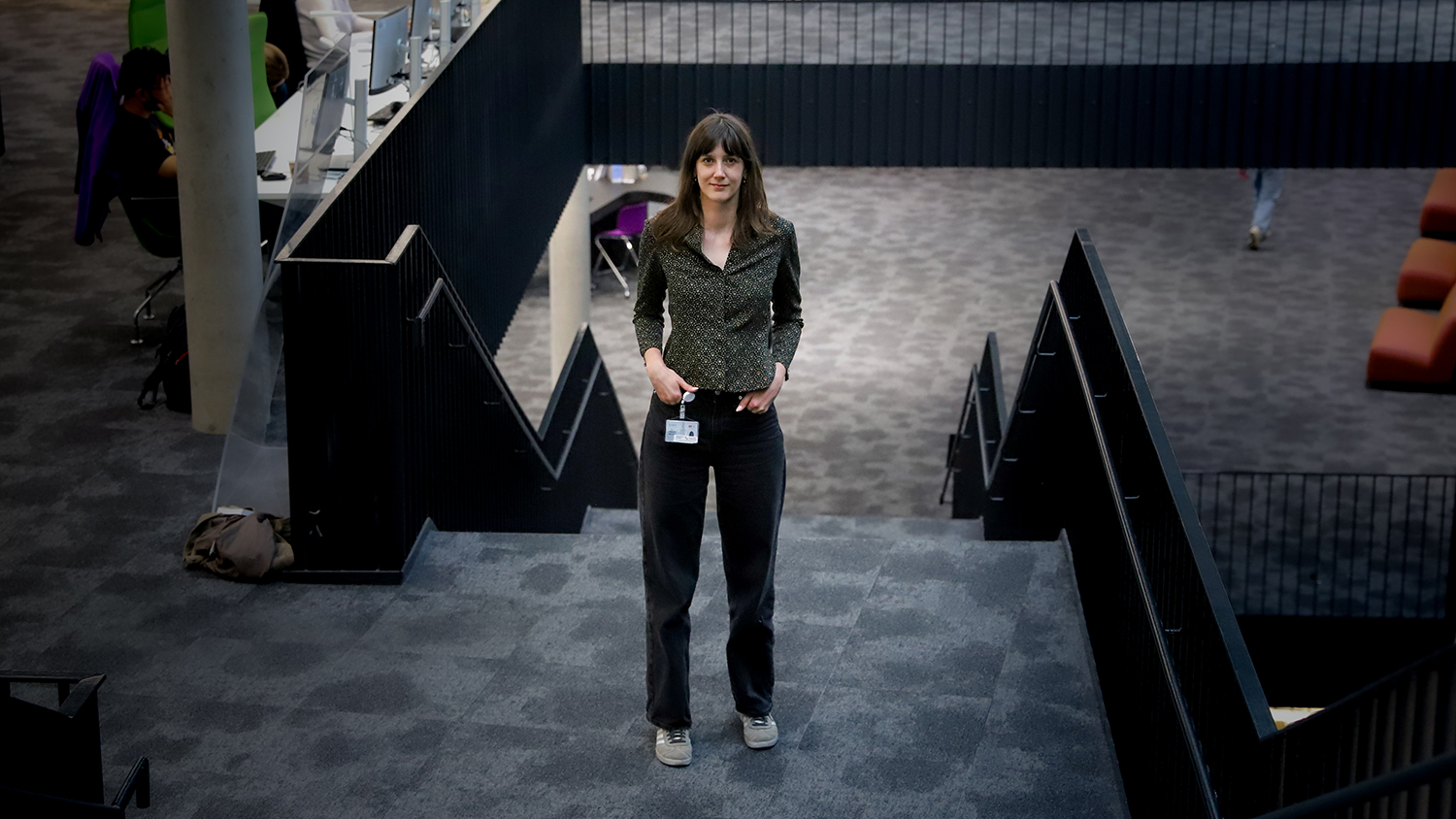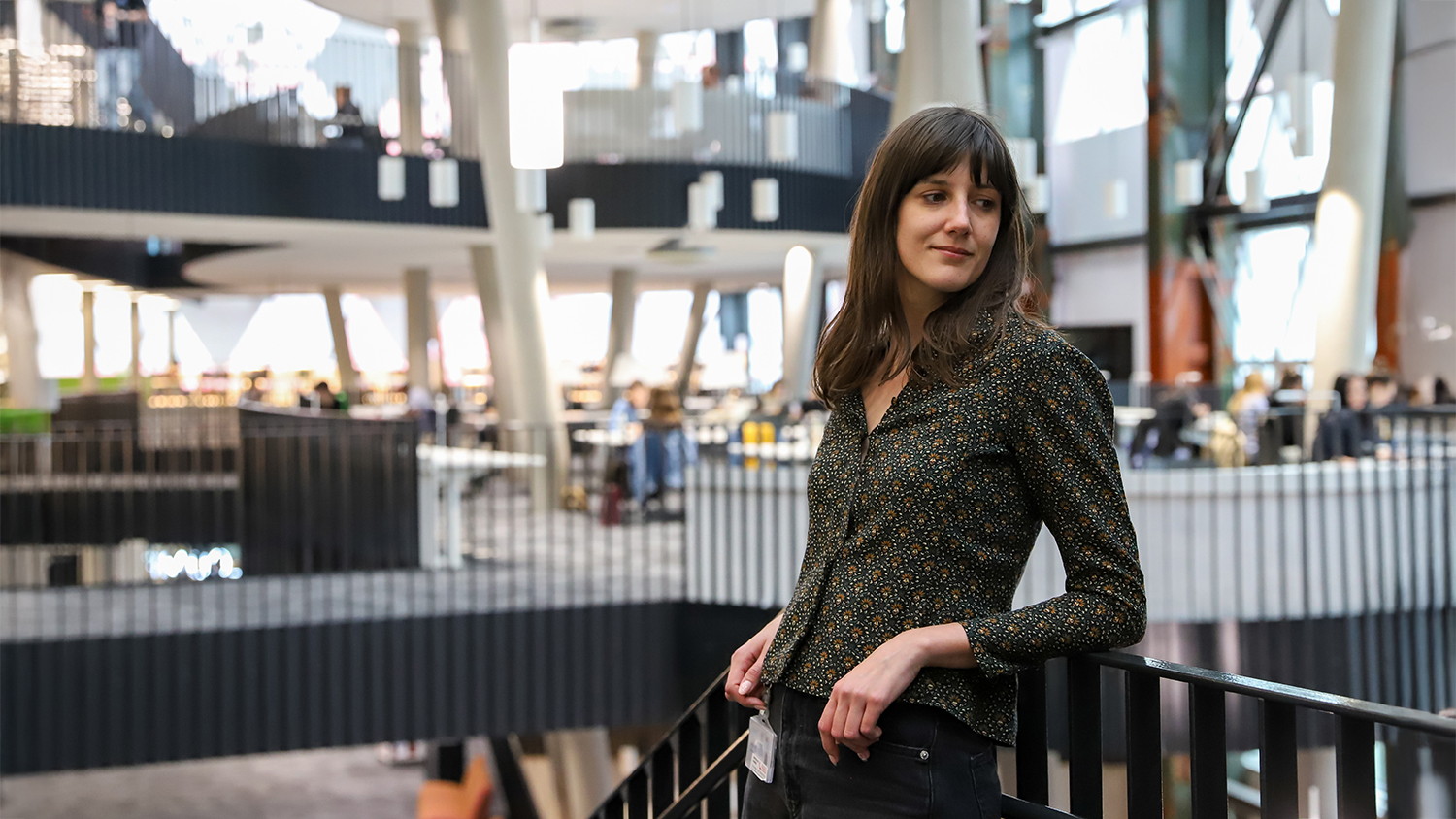Exploring how supranational decision-making can impact everyday lives
Postdoctoral researcher and Vice-Head of the Contemporary European history research group Myriam Piguet is interested in how international organisations act as spaces where actors collaborate and interact with each other, and the real impact their decision-making powers can have.
Myriam Piguet, originally from Geneva, Switzerland, completed her PhD at the University of Geneva, writing a thesis titled “Gender Before Mainstreaming: The Integration of Women to International Civil Service in the Secretariats of the League of Nations and the United Nations, circa 1920-1975”. Her thesis earned her the Lombard Odier Prize by the Swiss Forum for International Affairs.
“This PhD was on international bureaucracies, and I came to be very interested in the history of international organisations from below, or a socio-historical approach,” she explains. Her research has explored how the League of Nations (1920-1946) was the first diplomatic organisation to engage with women as delegates and international civil servants, giving recognition to gender equality in principle—even if practises were quite different. During the interwar period, for instance, most of the higher-level positions were held back for women, who tended to have more of the lower or middle-status jobs. Within the Secretariat, imbalances emerged as women were often paid less than men for similar work. International women’s organisations, meanwhile, often lobbied together, cooperating for change.
The League is sometimes referred to as the predecessor of the United Nations. In modern times, Piguet explains, there is still the need within the UN for women in directorship positions, for instance. “There are no official quotas, but there are goals [for gender equality],” she adds. “Now they will favour a woman’s application over a man in departments where women are still missing and where, of course, the quality of the candidate is equal.”
Piguet admits that it’s probably not a surprise that she ended up studying international organisations, given the plethora of them based in her hometown. She also gained experience prior to her PhD working as a journalist for Le Monde and as an EU correspondent for the Mainichi Newspaper. Her current research also requires her to keep up-to-date with European and international affairs, and the fact that some leaders aren’t necessary respecting written or unwritten rules of multilateralism “is a very bad sign for the way member states might interpret international law and international organisations in the future,” she says. “It’s a bit worrying.”
The Rungis International Market, a unique case study
Upon finishing her PhD, Piguet became more interested in how the multilateral environments within international organisations impact those outside of them, as well as the role supranational decision-making plays in everyday lives. She knew that the consequences of decisions made in the UN, for instance, are difficult to grasp as a scholar
‟ It would be difficult to assess, for example, the human rights charter impact on everyday lives, but economic matters that are decided on the European level are much easier to observe.”
Postdoctoral researcher
As such, she decided to explore the Rungis International Market of Paris, established in the 1960s and the biggest wholesale market in Europe, as a case study for understanding the effects of European economic decisions. She sees the marketplace as an interesting and clear spot for multilateralism and international negotiations. “I thought it was linked to the establishment of the European Economic Community and the common agricultural policy, and that was the space where I could observe the effects of decisions taken in Brussels at the European level.”
She began this unique project at the C²DH in March 2024 and is working on this new project alongside the preparation of the publication of her PhD.
A unique multilingual environment
Piguet has enjoyed the teaching experience for several reasons. Her classes for master’s students focus on women, diplomacy and international relations in the 19th and 20th centuries. Not only does she enjoy having smaller classes compared to her previous teaching experience in international relations, but she also appreciates teaching to history students for the first time.
Of course, coming from Switzerland, Piguet was already accustomed to a multilingual environment. Lots of German-speaking students would go to the French-speaking parts of Switzerland to study, she notes. Compared to Switzerland, she says she’s quite impressed with the level of ease with which people in Luxembourg speak multiple languages. “I find it quite impressive,” she adds. “It allows them to have a perspective and vision about sources, for example. They can easily go to French or German sources, mix them together, and it ends up being very interesting.”
